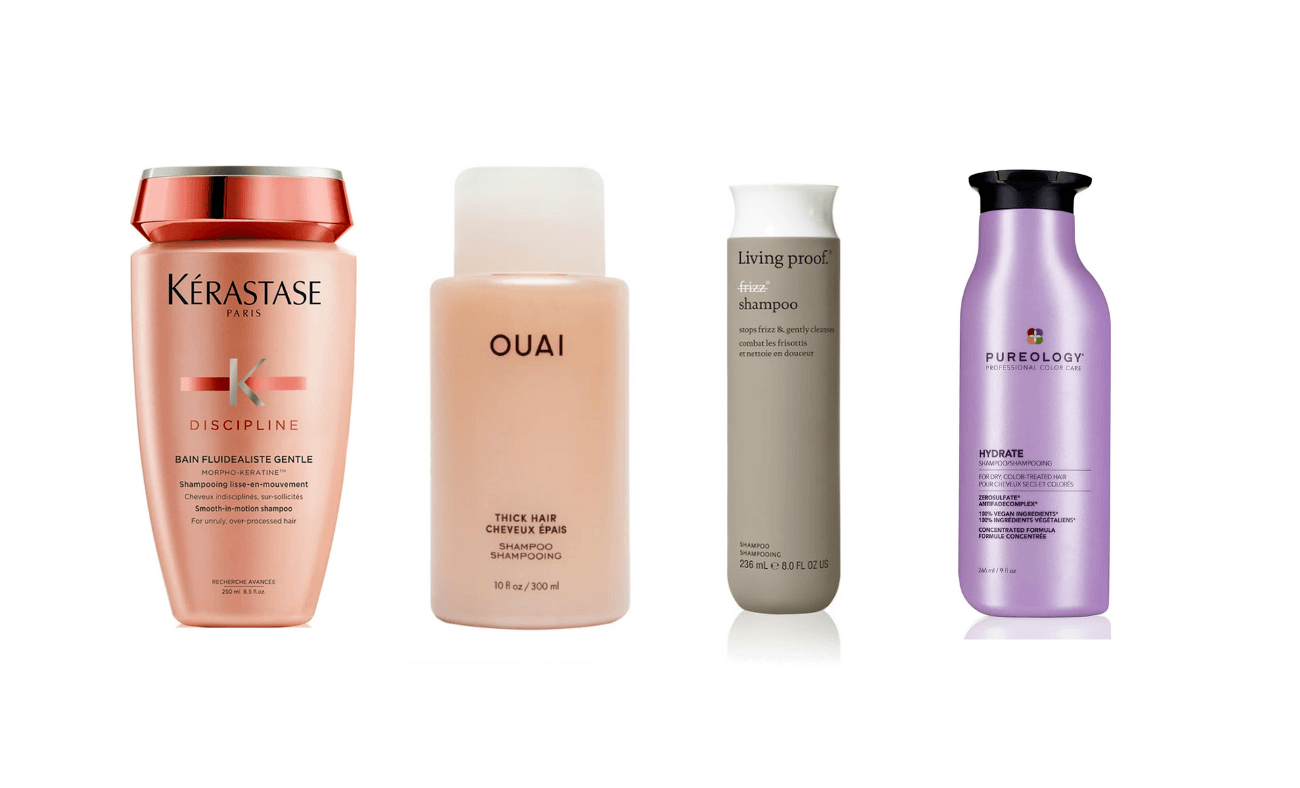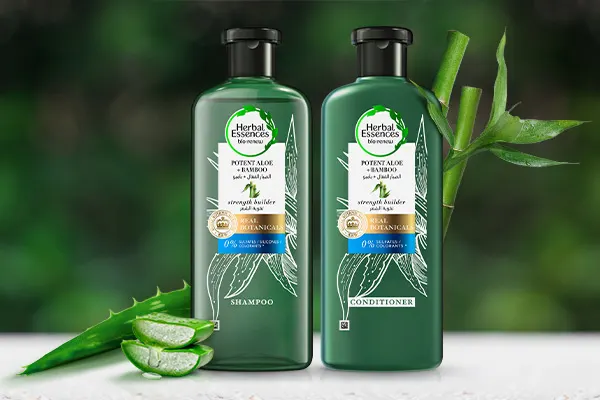Sulphate Free Shampoo Fundamentals Explained
Sulphate Free Shampoo Fundamentals Explained
Blog Article
The smart Trick of Sulphate Free Shampoo That Nobody is Discussing
Table of ContentsSulphate Free Shampoo Things To Know Before You Get ThisSee This Report about Sulphate Free ShampooThe Ultimate Guide To Sulphate Free ShampooThe Facts About Sulphate Free Shampoo RevealedThe Only Guide to Sulphate Free ShampooGetting My Sulphate Free Shampoo To Work
We'll tell you why. In supermarket hair shampoos, we commonly locate sulfates that answer to wonderful names such as Salt lauryl sulfate, Ammonium Laureth sulfate or Magnesium laureth-8 sulfate. These are typically cheap surfactants that provide a cleaning agent measurement that allows it to wash hair. Their function is composed in making the item lather along with emulsify the oils such as sebum and dust with water in order to clean them off.Some individuals are really adverse them. If you have a sensitive scalp or desire to reduce the weakening and hair loss, restricting using products having sulfates can assist. sulfate free shampoo south africa. Making use of a sulfate-free shampoo can really make a difference: it cleans hair just as well many thanks to mild surfactants, so you don't need to make use of more of it in the shower
The 2-Minute Rule for Sulphate Free Shampoo
Contrarily to cleansing solutions that aggravate or completely dry hair out due to sulfates, a sulfate-free shampoo ends up being much milder. Which minimizes the itching and firm of the scalp. Those that made the button from a traditional shampoo to sulfate-free usually see that they are less lured to itch their hair as a result of their formerly inflamed scalp.
When you run your (typically dirty) hands through your hair, this makes it greasier faster. In short, considering that sulfates dry hair out, irritate the scalp and there are much milder and all-natural options, you could also make the most of it and lather up in different ways. Considering that sulfates are extremely detergent, particularly the Sodium Lauryl Sulfate (SLS), they harm the hair follicle at the root of the hair which compromises it, slows down development and gradually favours hair loss.
I've been paying even more interest to hair science info online recently. There are a whole lot of totally wrong descriptions, and strong opinions, and people screaming at each other however due to the fact that I like discomfort obviously, I'm going to chat regarding it. I'm beginning with sulfate versus sulfate-free hair shampoos. I have actually spoken about it a bit in the past, but I'm entering into more depth this time around.
About Sulphate Free Shampoo
Before we chat concerning sulfates, we have to talk concerning the state of hair scientific research not just web hair science, yet actual scholastic hair science It's a mess. The video version is right here, keep scrolling for the post version There's three big factors I assume there's a lot confusion around hair science.
Different hair just does not react to hair care items similarly. Skincare seems complicated, however when you break it down it's really rather straightforward (maybe also it appears in this way to me since I have actually been speaking regarding it for as long). With skin type there's oily and completely dry and in between, after that you have problems like great lines, pigmentation, acne.
When it comes down to it, ingredients tend to function rather similarly for everyone (sulfate-free shampoo). If a hundred people use glycerin on their skin, you could have 60 individuals's skin obtain more hydrated and boost, 20 people's skin remains around the exact same, the last 20 may get worse somehow like the glycerin helped a few other component pass through and their skin obtained inflamed, or they have an allergy
Sulphate Free Shampoo Can Be Fun For Everyone

Take damp versus completely dry detangling as an example. The means water connects with hair is strange.-'m not going to enter into much information right here, that's see this here a whole subject for one more 5 posts. But simply put: it compromises the bonds gluing the inside of the hair with each other (which is why hair obtains stretchy when it's wet), yet includes stickiness to the beyond the hair, so hairs stick more conveniently and you need even more pressure to obtain the comb via.
The Single Strategy To Use For Sulphate Free Shampoo
These are the roof covering tile-looking cells on the surface, and that suggests they can bash against each other more and chip. Level follicle in completely dry hair Elevated follicle in wet hair So all of this suggests it's less damaging to detangle hair when it's completely dry for straight hair. It's the contrary for curly hair.
The follicle still stands more, the curly hair is still weaker on the inside and sticky on the outdoors, the hair is still extra fragile. But 2 huge distinctions: due to the fact that there's much less placement (tessellation) in between curly hair strands contrasted to straight hair. It resembles just how pastas sticks together a lot more than spiral pasta.
Some Known Incorrect Statements About Sulphate Free Shampoo

Hair scientists do not also know the structure of hair because much detail. The understanding is still evolving fairly promptly, and there just isn't that much uniformity with terminology even in the peer assessed literature. Around the late 90s, some hair researchers determined that half the protein in hair wouldn't be called keratin any longer.
And this is central to the discussion about sulfates in shampoos. Sulfates generally refers to sodium lauryl sulfate and salt laureth sulfate, 2 of the cleaning ingredients or surfactants discovered in cleansing items such as hair shampoos. Surfactants are special due to the fact that they have a head that likes water, and a tail that likes oil.
Report this page